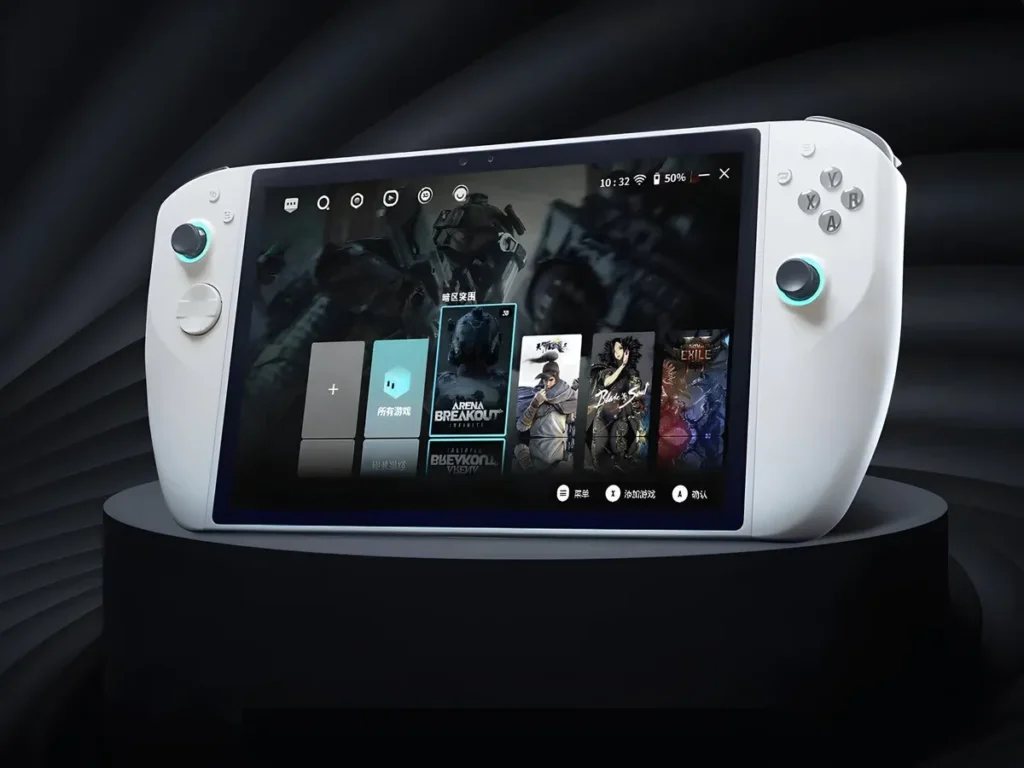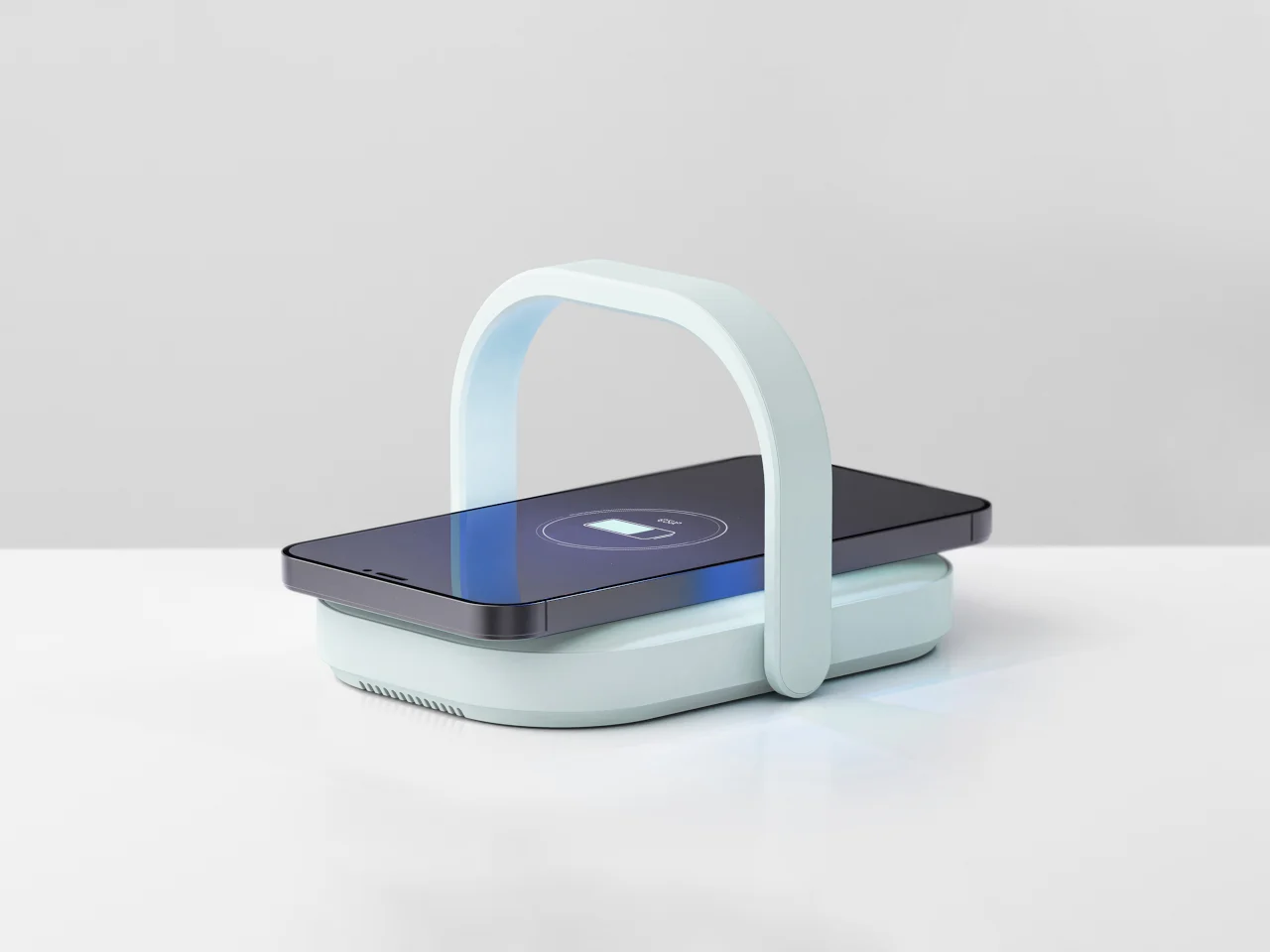The Sunday Dragon 3D One handheld prototype is an intriguing concept, but its viability as a future market contender is highly questionable. Here’s a detailed analysis of its prospects, along with some suggestions for alternative handhelds worth focusing on.
The Sunday Dragon 3D One Prototype
The Sunday Dragon 3D One is generating buzz for its innovative features, such as a stereoscopic 3D display and potentially cutting-edge internals. However, the device’s challenges significantly outweigh its promise at the moment:
Prototype Status
•The device is still in its prototype phase, meaning it is far from being a market-ready product.
•Prototypes often showcase ambitious technologies that might not translate well to mass production due to cost, reliability, or market demand.
Regulatory and Geopolitical Challenges
•Tencent’s Status: Tencent, a key partner in the development of the 3D One, is under scrutiny from the U.S. government due to its alleged ties to the Chinese military.
•Market Access: If Tencent is formally restricted, the 3D One’s chances of launching in the U.S. or other key markets would plummet. Without access to these markets, its commercial viability diminishes drastically.
Competition Landscape
Even if the 3D One overcomes these hurdles, it faces fierce competition from better-established brands with proven track records and robust global distribution networks.
Competitive Alternatives to Watch
Several handheld gaming devices are shaping the future of portable gaming. Notably, MSI, Lenovo, Asus, and Acer are making significant strides, offering alternatives that are already proving their capabilities or nearing market readiness.
MSI Claw 8 AI+
•Performance: Powered by Intel’s Lunar Lake chip, the MSI Claw 8 AI+ is optimized for exceptional performance, even at lower power consumption levels.
•Impressive Game Optimization: Titles like Cyberpunk 2077 and Black Myth: Wukong run efficiently on the Claw 8 AI+, highlighting its ability to deliver AAA experiences without draining the battery.
•Reliability: MSI’s reputation in the gaming hardware market gives the Claw 8 AI+ a significant credibility advantage.
Lenovo Legion Go
•Versatility: Lenovo’s Legion Go has already made headlines for its modular design, detachable controllers, and innovative software ecosystem.
•Hardware Powerhouse: It boasts AMD Ryzen Z1 Extreme processors, making it a performance competitor in the handheld space.
•Track Record: Lenovo has consistently delivered reliable and premium products, which adds to the Legion Go’s appeal.
Asus ROG Ally
•Established Brand: The ROG Ally has positioned itself as a serious contender in handheld gaming with its powerful specs and smooth integration of Windows-based gaming.
•Support Ecosystem: Asus has an extensive range of peripherals and support services that ensure the ROG Ally remains a strong choice for gamers.
Acer Blaze
•Display Innovation: The Acer Blaze’s 11-inch display is a standout feature, appealing to gamers seeking a larger screen experience.
•Balanced Performance: Acer has fine-tuned the Blaze for efficiency, balancing performance with power consumption.
•Potential Rival: If the Sunday Dragon 3D One ever launches, the Acer Blaze would likely be its closest competitor, especially in terms of display and visual features.
Market Realities
For gamers and enthusiasts evaluating where to invest their attention and resources, the Sunday Dragon 3D One doesn’t currently justify high hopes. While its stereoscopic 3D display is an exciting concept, it comes with several caveats:
•The handheld gaming market is rapidly growing but also highly competitive.
•Companies like MSI, Lenovo, Asus, and Acer already have products or prototypes with clear paths to market success.
•Regulatory scrutiny could render the 3D One unavailable in key markets, further reducing its relevance.
The Sunday Dragon 3D One is an ambitious project, but its odds of becoming a market success are slim due to its early-stage development, Tencent’s regulatory challenges, and stiff competition from established brands. Instead, it would be wiser to focus on handhelds like MSI’s Claw 8 AI+, Lenovo’s Legion Go, and the Asus ROG Ally—devices with clearer paths to market and proven capabilities.
While it’s always exciting to track innovation, the 3D One seems more like an experimental showcase than a product with mainstream potential. For now, keeping an eye on the alternatives would be a more practical and rewarding choice.
No comments yet.








